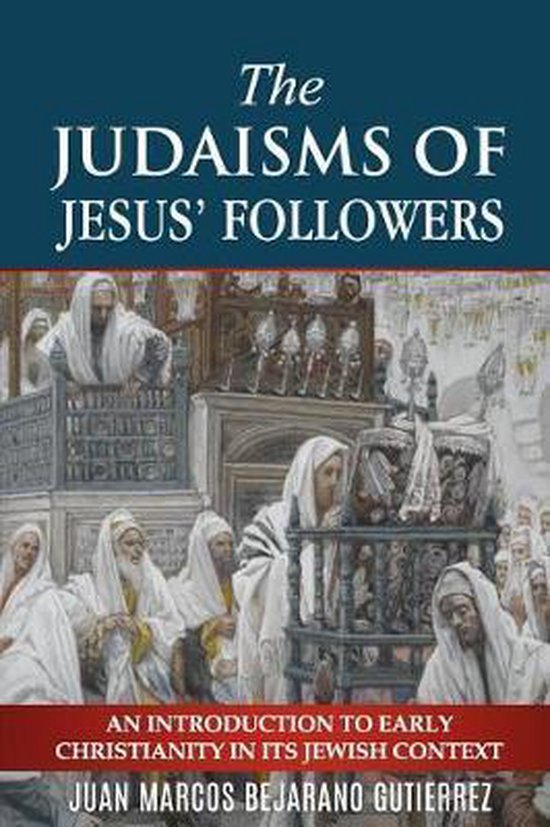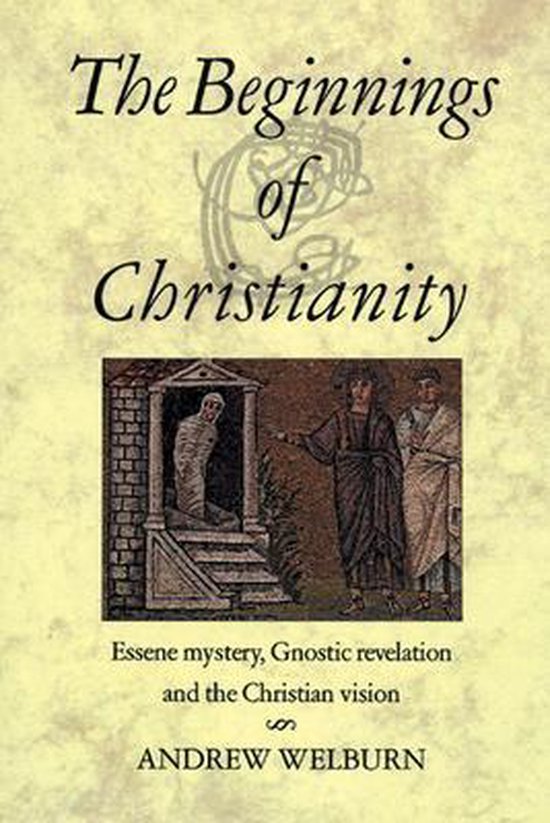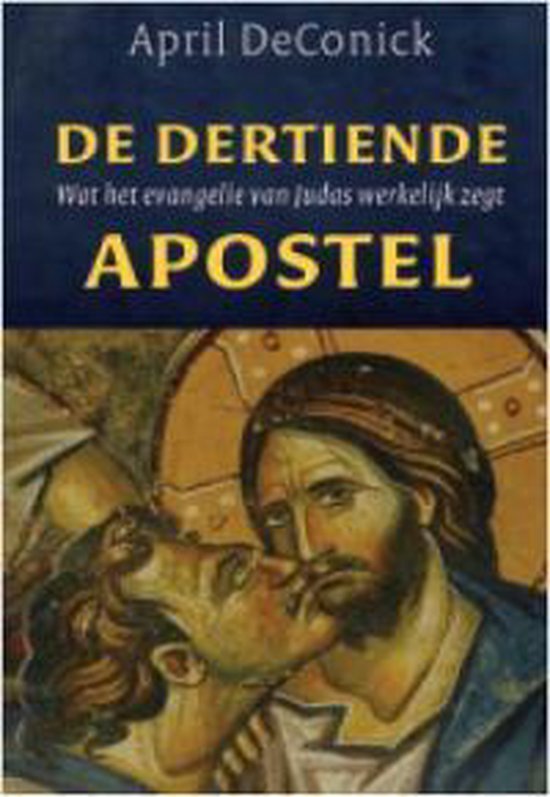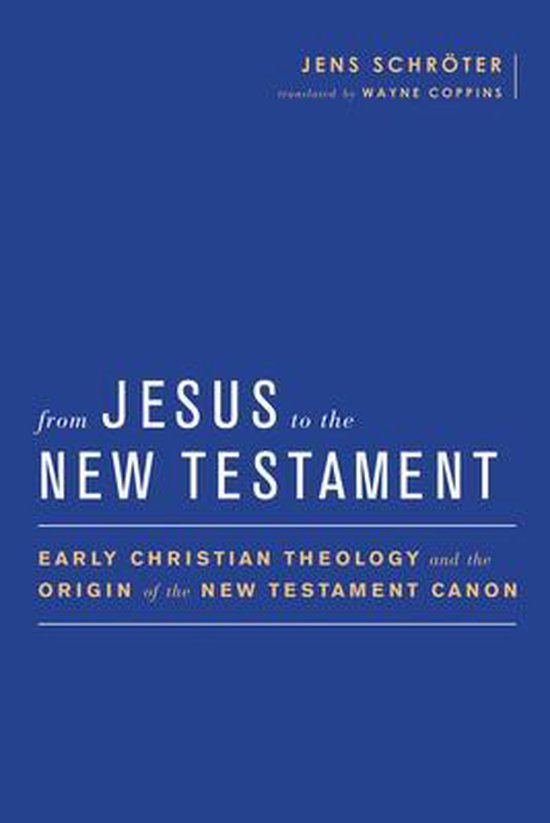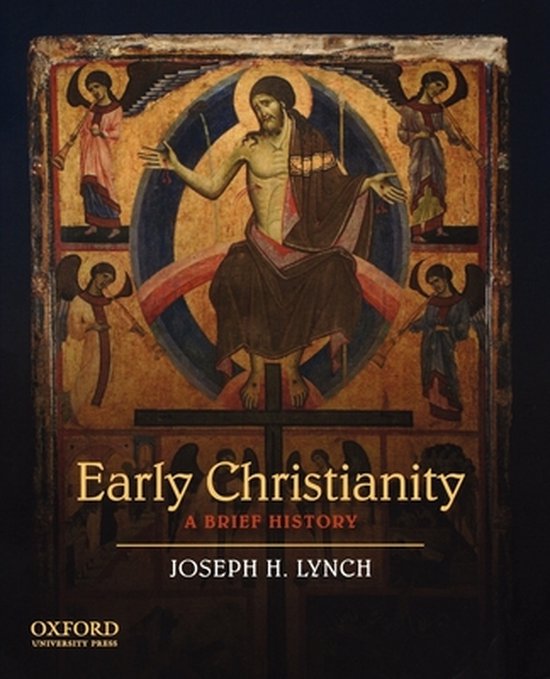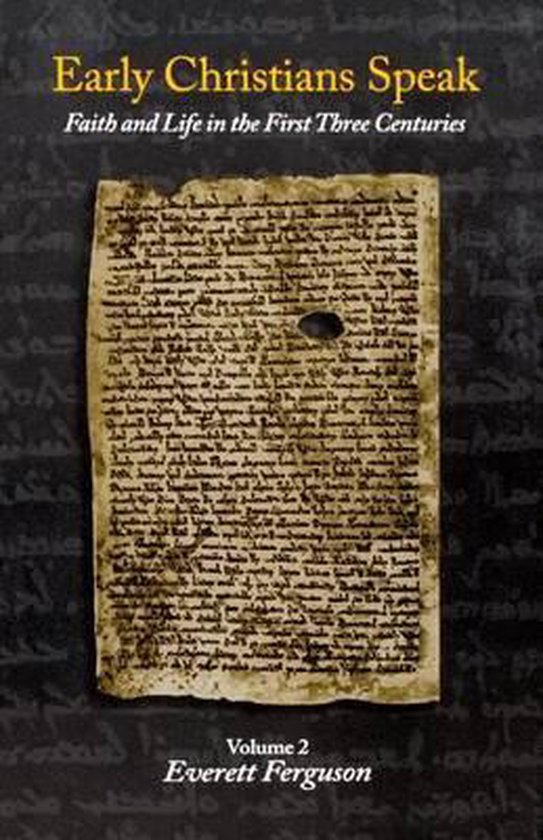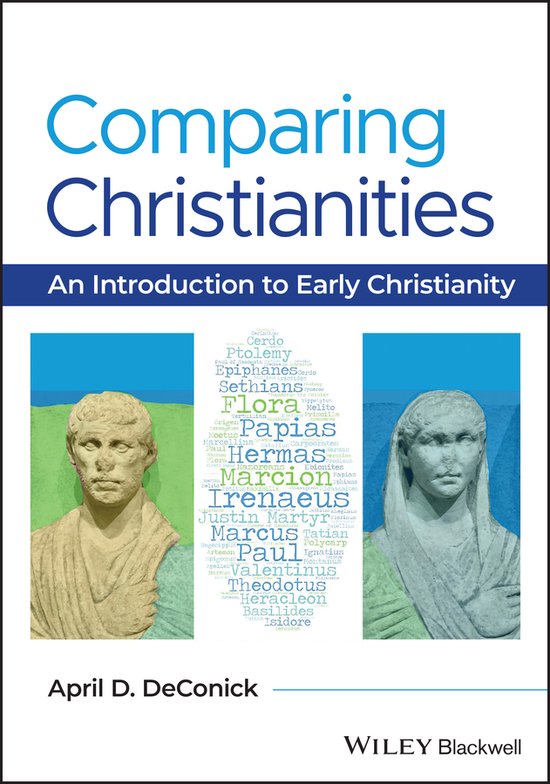
Comparing Christianities
Why did the form of Christianity that emerged from the Council of Nicaea in 325 CE become the accepted orthodoxy? In what ways did the religious consolidation of Christianity affect the unsuccessful varieties of Christianity? How was the formation of Christian belief influenced by various cultural and socio-political factors?
In Comparing Christianities: An Introduction to Early Christianity, April D. DeConick presents a new narrative of Christian origins that highlights the plurality of early Christian movements and their relationship to each other, Judaism, and Greco-Roman culture.
Introducing students to the multiple streams of Christian tradition from the first through the early fourth century, this unique textbook employs a sociological model of new religious movements to map the origins of Christianity, identify the similarities and differences between early Christian sects, and provide a balanced understanding of the earliest Christians and the literature they produced.
Focusing on belief and social formation, Comparing Christianities integrates all early Christian literature into a history of the first Christians to offer an inclusive gateway to the study of Christian beginnings. Thorough yet accessible chapters explore the effects of ‘orthodox’ and ‘heretical’ beliefs on Christian tradition, address questions of sex, gender, race, religious intolerance, anti-Semitism, and colonization, discuss the cognitive and social processes in the production and interpretation of early Christian literature, and more.
Comparing Christianities: An Introduction to Early Christianity is an excellent textbook for undergraduate and graduate courses on the history of early Christianity, Christian origins, the New Testament, Gnosticism, diversity in Christianity, and early Christian thought.
A ground-breaking introductory textbook for the study of the New Testament and the first Christians, written for the next generation of students
Comparing Christianities: An Introduction to the New Testament and the First Christians maps the historical rise of Christianity out of a network of early Christian movements. This major new textbook systematically explores the struggles to define the faith by presenting Christianity as the result of a lengthy process of religious consolidation which emerged from a landscape of persistent Christian diversity.
The book delves into the history of the first five generations of Christians, from Paul to Origen. The first chapter considers the challenges of constructing Christian histories and offers a new model of Christian families to organize and explain the emergence and competition of different varieties of Christianity. Each successive chapter focuses on key issues that Christian leaders engaged over the centuries, demonstrating how the questions they posed and the answers they provided gave Christianity its distinct shape. As the movements competed for social advantage, Christians began identifying certain Christian movements as enemies and consolidated against them. The final chapter schematizes the Christians studied in the book into three families of Christian movements based on the particular God they worshipped and other shared patterns of thought and practice. This chapter also explains where the varieties of Christianities came from and how the process of consolidation undertaken by some churches shaped Christian identity within a forge of intolerance that still affects us today.
Comparing Christianities explores the answers to questions:
- Who were the early Christians and what did they write?
- What did Christians think about sex, women, immortality, Judaism, suffering and death?
- What rituals did the first Christians practice, and what did their religious experiences mean to them?
- How did Christians live in a Roman-dominated world?
- How did the first Christians explain the origins of their movement?
Comparing Christianities: An Introduction to the New Testament and the First Christians serves as an excellent primary textbook in undergraduate classrooms for Introduction to Christianity, Introduction to Religion, New Testament Studies, Christian Origins, World Religions, and Western World Religions, and a thought-provoking resource for anyone wishing to know more about Christianity.
| Auteur | | April D. Deconick |
| Taal | | Engels |
| Type | | Paperback |
| Categorie | | Religie, Spiritualiteit & Filosofie |
